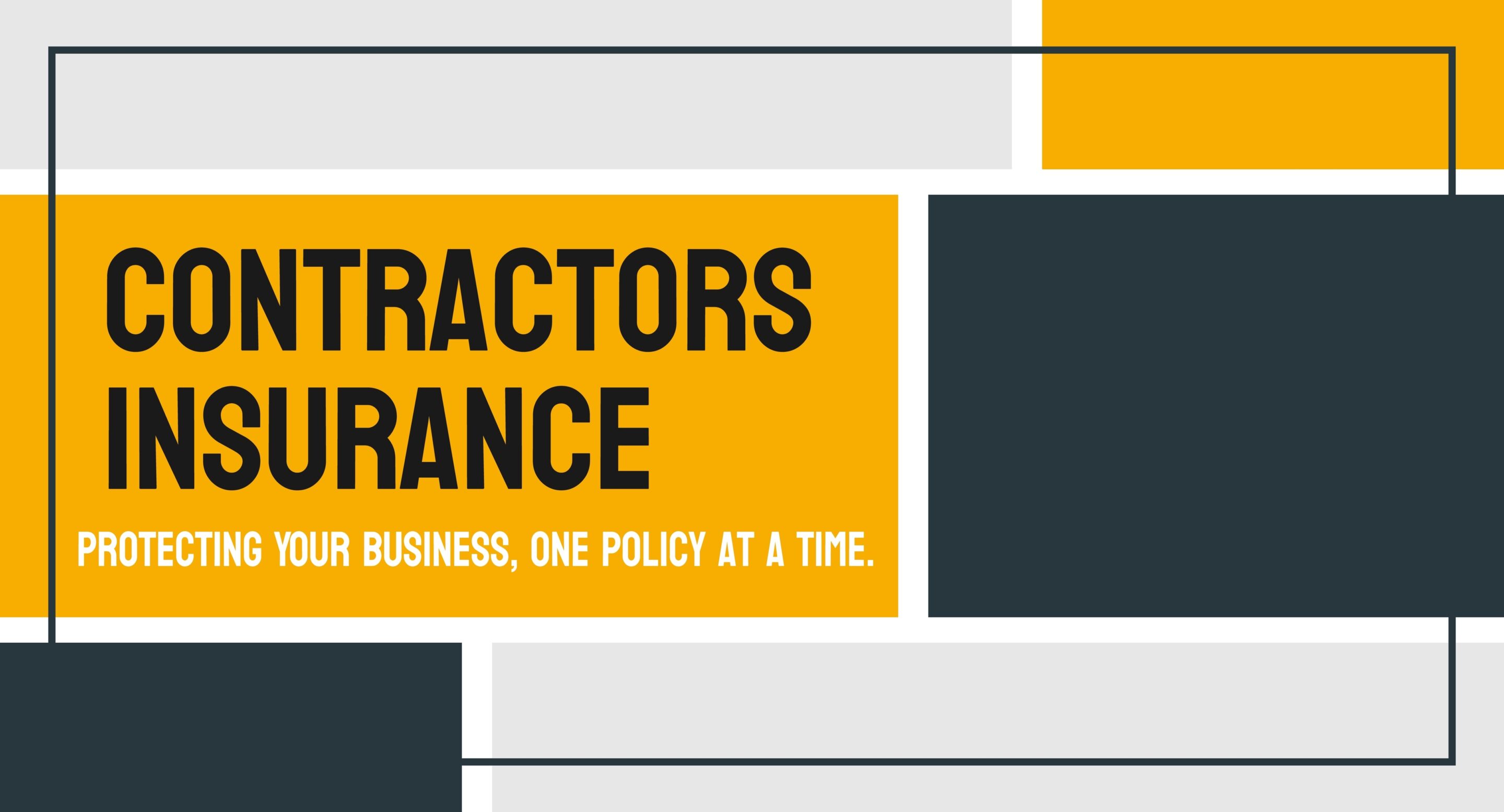
Contractor Insurance, Accountability, and Risk for Businesses
In today’s evolving freelance economy, contractors are everywhere—from IT and marketing to trades and consulting. Many of them left traditional employment behind to become self-employed professionals. But far too often, they bring an employee mindset into their new world of independence—especially when it comes to insurance responsibilities.
This blog is a candid take on the issue we see all too frequently: contractors working without the appropriate insurance and putting the businesses they work with at significant risk.
The Contractor Mindset Problem
We’ve encountered countless examples of contractors—often former employees—who believe the company paying their invoice should also be responsible for their insurance. This mindset is not just flawed; it’s dangerous.
Let’s be clear:
If you are a contractor, you are a business. That means you are responsible for your own business risks, including:
- Professional Indemnity Insurance (for errors, mistakes, or negligent advice)
- Public Liability Insurance
- Accident and Illness Cover (in case you can’t work)
Shockingly, many contractors don’t buy any cover at all. They assume someone else—usually the hiring company—will step in to support them in the event of injury, illness, or litigation.
Real-World Consequences: Risk to the Business
We regularly see contractors who:
- Work for multiple clients
- Refuse to carry insurance
- Believe they’re immune to mistakes
In one conversation, we explained to a contractor that their client preferred them to have insurance in case they made a mistake. Their response?
“But I don’t make mistakes.”
That, in our view, was their first mistake.
Humans are not perfect. Even professionals striving for perfection are prone to innocent errors. And if the mistake harms a client or third party, insurance is what protects everyone involved—including the contractor and the business hiring them.
What Insurance Should Contractors Carry?
If you’re working as a self-employed professional or contractor, here are the essential types of insurance you should consider:
1. Professional Indemnity Insurance (PI)
Protects against claims made for errors, omissions, or negligence in the services you provide.
2. Public Liability Insurance
Covers injury or property damage caused to third parties during the course of your work.
3. Cyber Liability Insurance
Important for anyone handling client data, especially in tech, finance, and consultancy. Cyber breaches, data loss, or privacy violations may not be covered by standard PI policies.
✅ Top Tip: Cyber insurance is typically priced based on business size—so if you’re a one-person operation, it can be surprisingly affordable.
4. Personal Accident and Illness Cover
While we don’t sell accident or illness insurance, we strongly recommend our clients ask contractors to carry it. This protects them financially if they’re unable to work due to injury or illness.
Insurance as a Credibility Check
At our firm, we treat insurance as a credibility benchmark.
When a contractor sends us their insurance documents, we can often tell:
- Whether they chose the cheapest policy with little practical coverage
- Or whether they invested in meaningful protection, showing responsibility and professionalism
We’ve even advised clients not to work with certain contractors based on their insurance quality—or lack thereof. A contractor might talk a good game, but if their insurance is inadequate, it raises red flags about their approach to risk and client care.
What Can Businesses Do?
If your business works with contractors or freelancers:
- Request Proof of Insurance: Always ask for documentation before they start work.
- Send Them Our Way: We’re happy to review their insurance and provide feedback on coverage quality.
- Put It in Writing: Clearly outline insurance requirements in your contracts and emails—avoid uncomfortable conversations later.
- Evaluate Their Risk Profile: If a contractor works across multiple clients and industries, they need broader coverage. Ensure they’re properly protected.
Final Thoughts: Protection is Professionalism
The bottom line is simple:
If you’re working as a contractor, invest in protection—not just for yourself, but for your clients and your long-term credibility.
You benefit from tax advantages as a self-employed person. Use a portion of those savings to secure:
- Protection against your own mistakes
- Protection in case you can’t work due to health or injury
- Peace of mind for your clients and your business
Being self-employed doesn’t mean doing it all alone—it means taking responsibility for your work, your risks, and your reputation. If you need support in this get in contact here.
